Tomorrow I Will Make my Wishes Known, but not Today
We talk about a Durable Medical Power of Attorney and how important it is to make our end of life wishes known.
If we don’t legally make our wishes known in writing and generally notarized, healthcare professionals will make those decisions for us.
Those decisions will be to try to start our heart when it stops beating. (The chances of this procedure being successful if there is a life threatening illness or we are age compromised are slim.) Medical providers will generally listen to the “loudest protester” as to what care is to be given. Generally that loud voice is shouting to do everything to keep their special person alive—no matter what.
A Durable Medical Power of Attorney is very important because it assigns a specific person to make medical decisions for us when we can’t make those decisions for ourselves. A person who understands our wishes and intentions will speak for us when we can’t. This is so important if you have ideas (which most people do) of how you want to live the last chapter of your life.
I want to give you something else to think about, something that is equally important. In our urgency to address the need for a Durable Medical Power of Attorney we often neglect to talk about a regular Power of Attorney.
Power of Attorney gives someone we have chosen who knows our wishes the authority to handle our business affairs when we can’t because of disease or mental issues.
This person handles bills, bank accounts, taxes, medicare, credit cards, all the legal paperwork that is involved in everyday living. We give someone the legal authority to sign our name, to conduct, close out, and/or complete our business and estate affairs.
Unfortunately, it is human nature to avoid addressing these end of life issues. “Other people die, but not me! Tomorrow I will make my wishes known but not today.” This kind of thinking leaves our loved ones making hard, heart wrenching decisions. These decisions are being made when their heart is screaming “No, not now.” Their rational thinking is distorted by those very emotions.
Don’t leave your people, who are grieving, the confusion and complications of setting your affairs. Do it before you need it done. Begin at 18 and change it as life develops. As you have new thoughts and different perspectives, change it.
No matter your age, 18 and on, make your wishes known. Give someone else, other than the medical establishment, the power to help you live and die in the manner of your choosing. Give someone else, of your choosing, the power to handle your business, finances, day to day living affairs, as well as your medical decisions. A Power of Attorney for estate management and Durable Medical Power of Attorney are essential. You need both when you can no longer speak for yourself.
Something more about…Tomorrow I will make my wishes known but not today.
In my guidebook, By Your Side: A Guide for Caring for the Dying At Home, there is a section on end of life planning. If you or someone you know are caring for a special person with a life limiting illness, I suggest you have this guidebook to support the caregivers.
And finally, here is a little poem from Emily Dickinson written on the back of an envelope that I wanted to share:
“In this short Life
That only lasts an hour
How much – how little – is
Within our power”
Originally Published on https://bkbooks.com/blogs/something-to-think-about










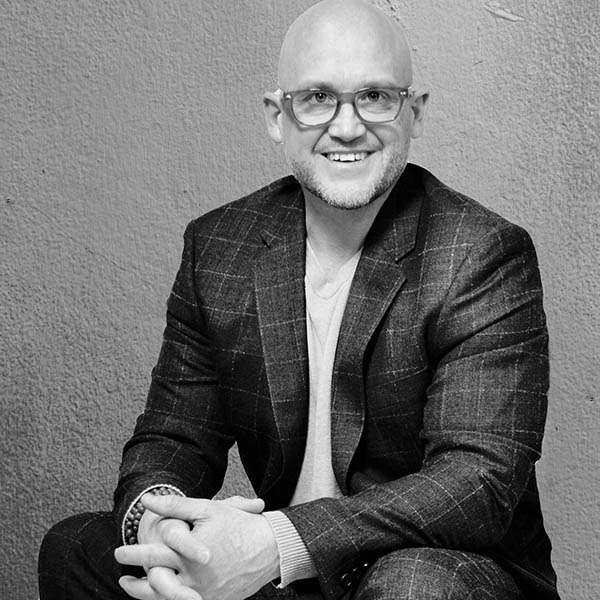
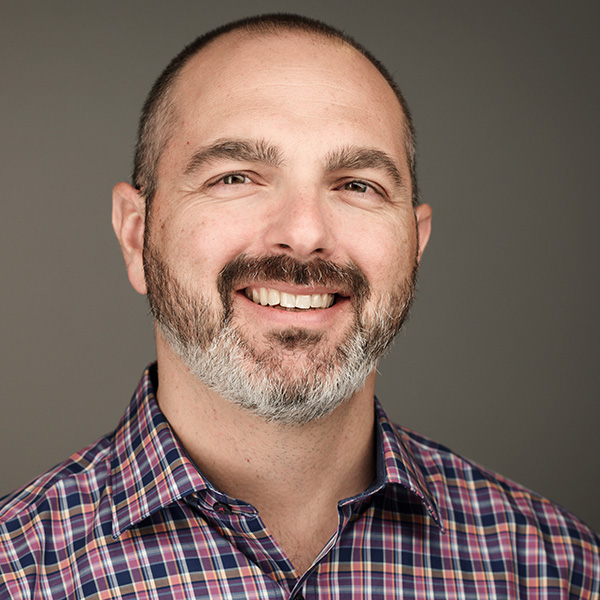






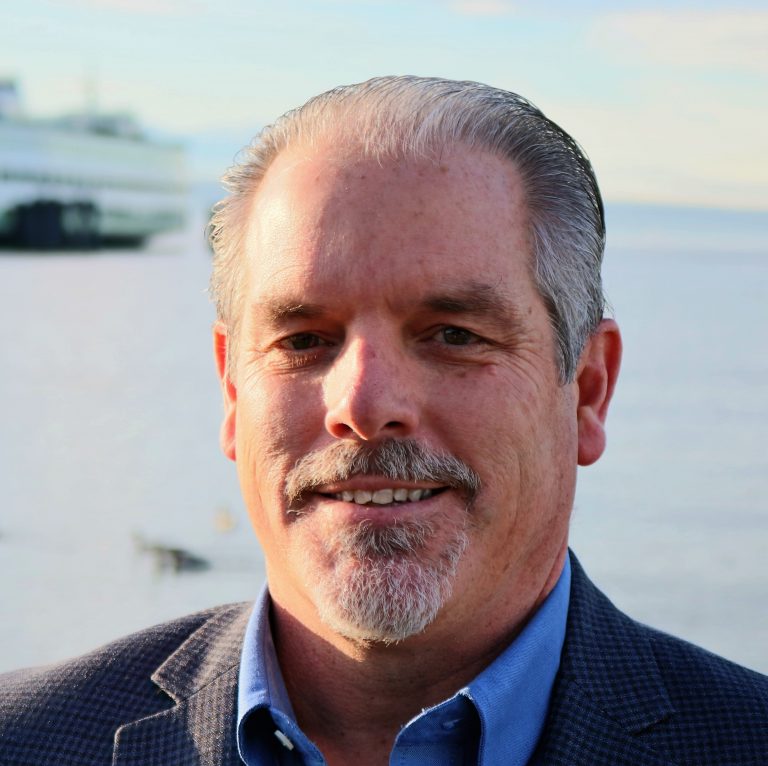



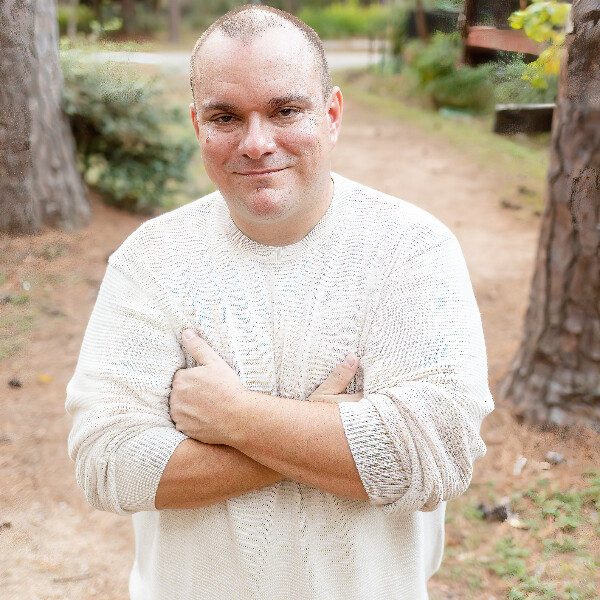

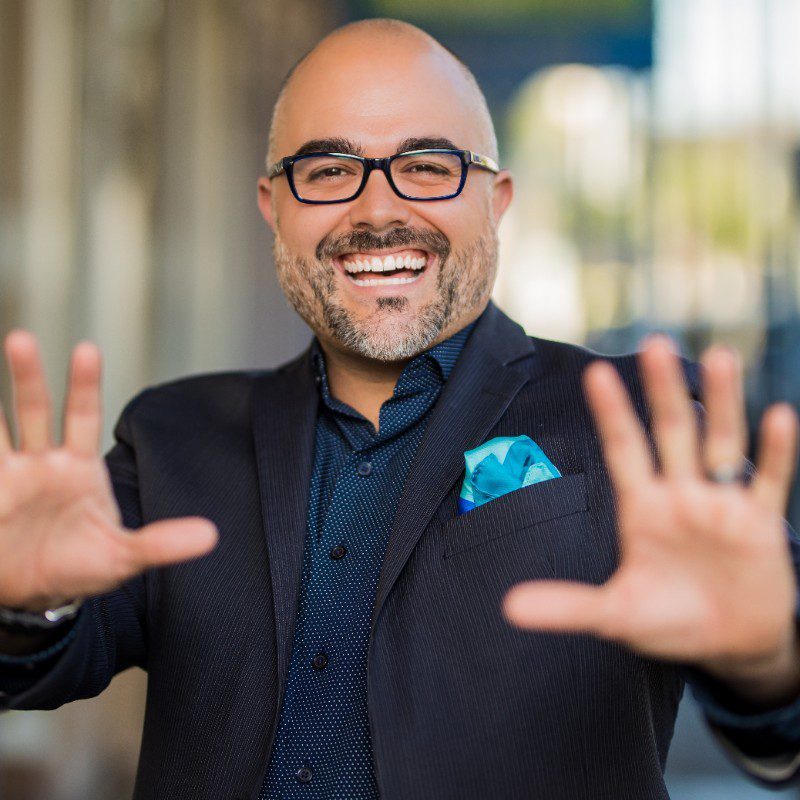


Already a Member? Login Here.
Not Yet a Member? Join the Conversation Today!